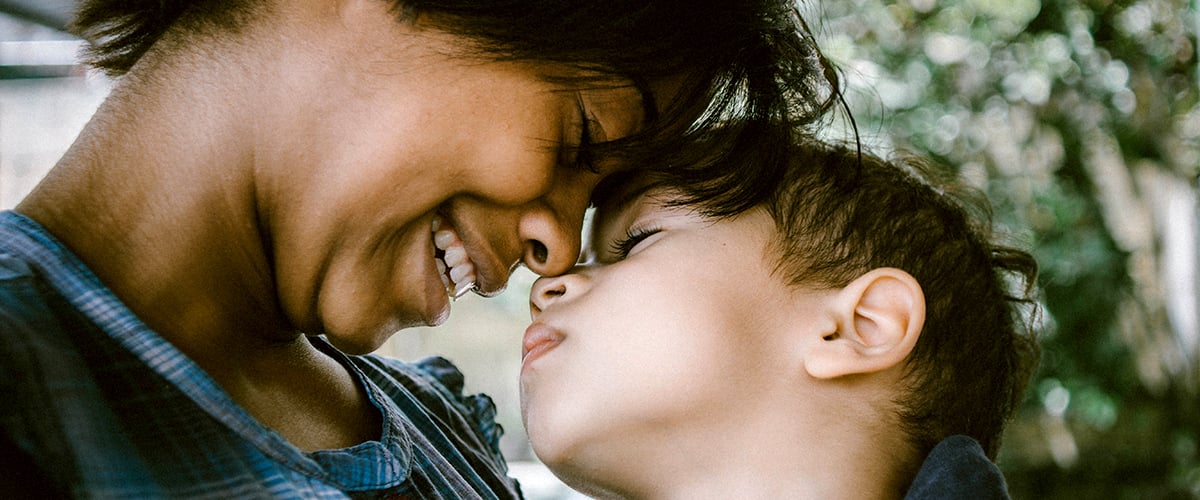
Supporting Children With Mental Health and Behavioral Needs in Special Education:
Positive Behavior Intervention Plans
Children who exhibit challenging behaviors in school often have a harder time learning.
Federal law requires that the Individualized Education Program (IEP) teams for children in special education must consider using positive behavior interventions, strategies and supports to help children who experience behavioral challenges. Because behavior most often communicates an unmet need, the IEP team must be diligent in figuring out why the behavior is occurring, and what need it is meeting. This discovery process should be done through evaluation and a review of data so that an educated decision can be made about how to support the child in learning positive behavior skills.
What Can the IEP Team Do To Help My Child?
The first step is for the IEP team to gather specific information about your child to better understand why the behavior is happening, when it is happening, and what the child is trying to achieve by using that behavior. A Functional Behavior Assessment (FBA) is used to gather this information. An FBA can be part of an initial evaluation, a re-evaluation or a stand-alone assessment. Parent or guardian may also request a comprehensive evaluation at any time to update information about the child. Parental consent must be given for assessment or evaluation.
For children with a mental health disorder, parents should think about how that disorder might impact their child’s behavior and whether or not it is important information to share with the IEP team. The IEP team must also consider any relevant information the parent shares from other licensed mental health providers to help develop a plan that appropriately supports the child.
Next, the IEP team should consider how to provide positive, proactive and instructional ways to support the child’s unmet needs, including:
- Adding or reviewing goals that teach regulation skills, coping strategies or self-advocacy
- Adding or reviewing accommodations or modifications to help decrease the behavior or mental health triggers
- Creating a positive behavior intervention plan (BIP)
- Determining if a plan for responding to a crisis situation is necessary
What Is a Positive Behavior Intervention Plan?
A positive behavior intervention plan (BIP) is a written proactive document that is part of the child’s IEP; it must be followed by anyone who is working with the child in an educational setting. It includes strategies to help reduce or prevent challenging behaviors by teaching new skills and reinforcing them. The purpose of the BIP is to help the child improve their behavior through instruction and support, and to decrease a reactive response from teachers and others working with the child.
This plan is often called a Positive Behavior Intervention Plan and is also known as a Behavior Management Plan or a Behavioral Support Plan.
What Should a Positive Behavior Intervention Plan Include?
A positive behavior intervention plan should be specific and individualized for the child and include:
- Identification of the specific behavior (hitting, shutting down, running, etc)
- When the intervention starts and how often it will be used
- Strategies for teaching new skills to replace challenging behaviors
- A method of evaluating the effectiveness of the intervention
- Skills training to increase student understanding of positive behavior strategies
- Support to help the student practice the new strategies across different school settings
- Environmental changes to reduce or eliminate challenging behaviors
- A plan for addressing unsafe behavior
Parents Are Important
Parents have information about their child and the child’s behaviors that can help IEP teams better understand the need for the behavior. Parents should be aware that challenging behaviors are more successfully decreased or eliminated when the same interventions occur over all settings, including at home and in the community. Working together with your child’s IEP team on a positive behavior support plan will have the best outcomes for your child.
